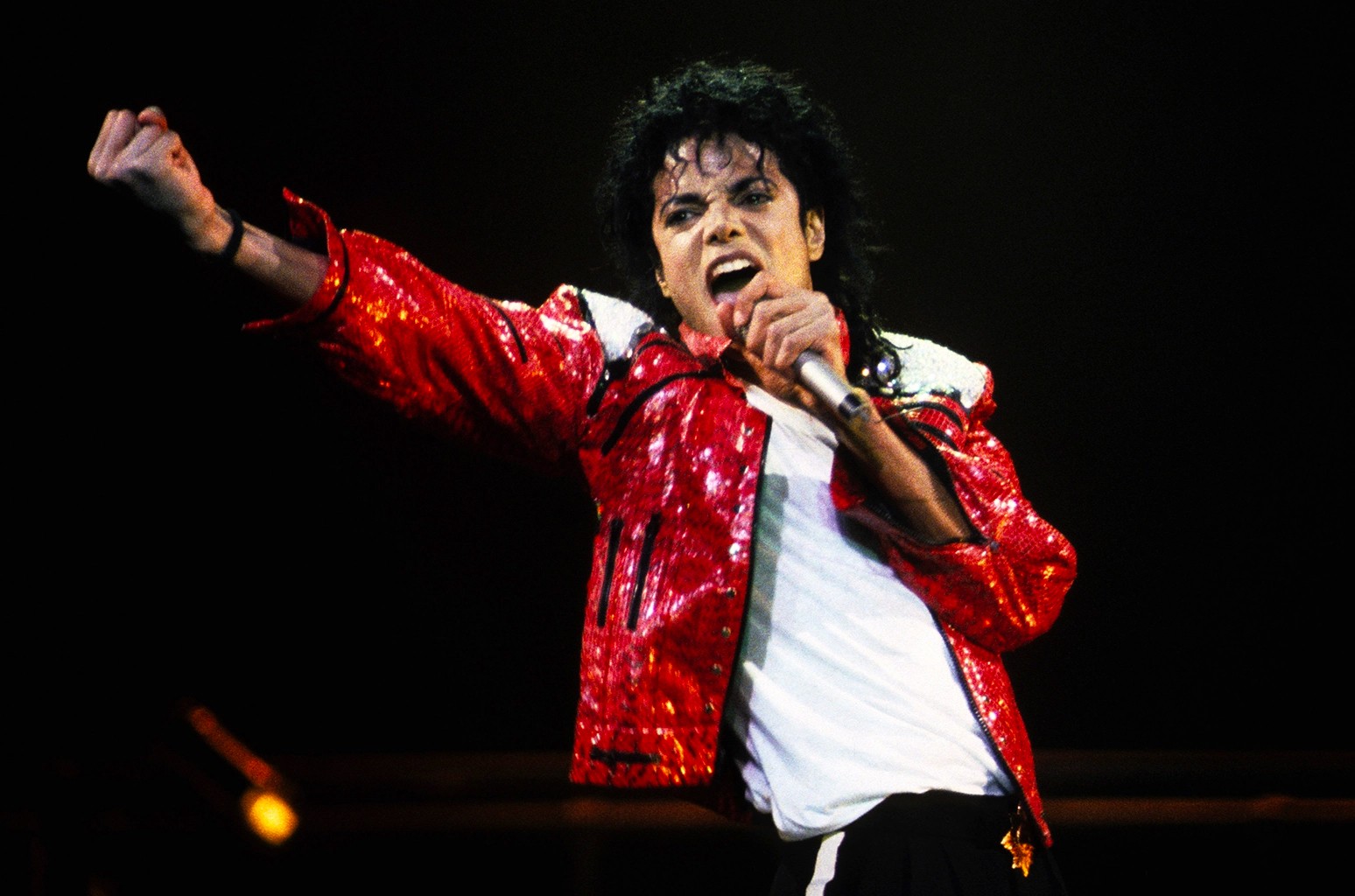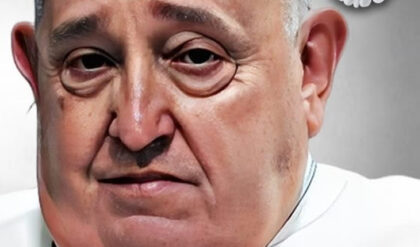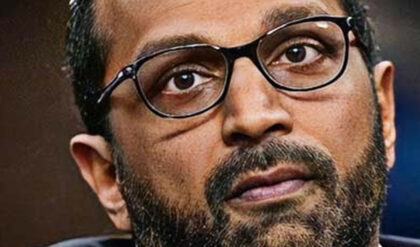On June 25, 2009, the world mourned the passing of Michael Jackson, the iconic “King of Pop.” He left an indelible mark on music, dance, and culture, impacting fans worldwide. But in the years since his death, new layers to Jackson’s life and untimely demise have sparked discussions that question the official story. At the heart of some of these allegations lies Quincy Jones, the legendary producer who shaped Jackson’s greatest albums but later became one of his sharpest critics.
The Jackson-Jones Collaboration: A Creative High Point
Jackson’s relationship with Jones began when he was just 12. Jones was pivotal in crafting three of Jackson’s most successful albums: Off the Wall, Thriller, and Bad. Their partnership was synonymous with groundbreaking hits, innovative music videos, and record-breaking sales. Yet, by the late 1980s, cracks appeared. Jackson reportedly felt Jones was outdated, and their professional split soon followed.

In the years since, Jones has offered a mixed portrayal of Jackson. In an interview with Vulture in 2018, Jones called Jackson “Machiavellian” and “greedy,” accusing him of taking credit for others’ work, including claiming Jackson had borrowed heavily from other artists for hits like “Billie Jean” and “Don’t Stop ’Til You Get Enough.” The producer cited Donna Summer’s “State of Independence” as an example of a track Jackson allegedly borrowed from without credit. This statement brought to the forefront the question of just how much creative credit Jackson truly deserved—and fueled conspiracy theories about Jones’ possible motives regarding Jackson’s death.
Did Quincy Jones Contribute to Michael Jackson’s Downfall?
Some, like the singer Jaguar Wright, have suggested Jones played a role in Jackson’s death. While no solid evidence links Jones to the events leading up to Jackson’s cardiac arrest, his criticisms of the late star after his death have only fueled speculations. Wright is known for revealing alleged secrets within the music industry and has made claims about various high-profile figures, including Jones. She argues that Jackson’s death was not accidental, attributing it to the manipulations of those who “controlled” him throughout his career.
Quincy Jones and the Claims of Plagiarism Against Jackson
In addition to criticizing Jackson’s personality, Jones also argued that he failed to give credit where due. He contended that Jackson owed royalties to musicians like Greg Phillinganes, who had contributed to songs but did not receive proper recognition. Similarly, lawsuits have popped up over the years involving allegations of plagiarism. Italian composer Albano Carrisi and Cameroonian musician Manu Dibango both claimed Jackson used parts of their music without permission. These allegations, coupled with Jones’ criticism, have cast a shadow on Jackson’s artistic legacy.

Interestingly, some family members of Jackson, like his father Joe, countered Jones’ claims, arguing that if there were any issues with the music, Jones should also bear responsibility as the producer. Joe Jackson even suggested that Jones was bitter over Jackson’s success and his eventual decision to end their collaboration.
The Troubling Details of Michael Jackson’s Final Days
Jackson’s life in his final years was filled with turmoil. Struggling with chronic insomnia, he had reportedly turned to powerful sedatives like Propofol to help him sleep. Conrad Murray, his personal physician, later faced trial and conviction for involuntary manslaughter for administering these drugs. Murray allegedly used Propofol and other sedatives in a way that violated medical protocols, performing CPR on a soft bed instead of a hard surface. This raised suspicions that his death might have been preventable, with some wondering if more sinister forces were at play.
Jackson’s family and fans remain divided on the circumstances surrounding his death, with his daughter Paris Jackson even hinting at foul play. The theory that Jackson was strategically “taken out” to prevent him from revealing secrets about the industry continues to hold sway among some of his fans.
Quincy Jones’ Life and Motivations: A Complex Figure in Music
Jones’ life is a story of immense talent and success but also one marked by hardship and struggle. Born into a family plagued by mental illness and poverty, Jones grew up in Chicago and faced violence in his youth. His mother struggled with schizophrenia and was committed to a mental asylum, experiences that left Jones determined to succeed against the odds. The producer went on to work with everyone from Frank Sinatra to Jackson, earning 28 Grammy Awards. However, his life’s work has often been clouded by his contentious relationships with those he has worked with, especially Jackson.
Some of his critics suggest that his troubled background may have influenced his professional conduct, leading him to seek power and recognition at all costs. These complexities have led some, like Wright, to speculate that his ambition and resentment toward Jackson may have gone too far.
A Legacy Marred by Controversy
Despite these controversies, the Jackson-Jones collaboration remains one of the most successful partnerships in music history. Thriller, which sold over 100 million copies, redefined pop music. Yet, Jackson’s insistence on complete control over his music ultimately led to their split. Jackson wanted recognition as the sole creative force behind his success, feeling that Jones was receiving undue credit. Jackson’s post-Jones albums, including Dangerous and HIStory, saw him taking greater creative risks, though they did not achieve the same commercial success as his earlier work.
Jones’ influence on Jackson’s music is undeniable. He is credited with creating the cohesive sound that catapulted Jackson to superstardom. Jackson’s posthumous albums, which involved multiple producers, lack the cohesion and polish of his work with Jones, suggesting that their partnership was crucial to his success.
Conspiracy Theories and the Influence of the Music Industry
Jackson’s death remains a topic of speculation for those who believe he was eliminated by powerful figures in the industry. His struggles with addiction and insomnia, combined with the immense pressure to maintain his fame, contributed to his reliance on sedatives. As one of the biggest stars of all time, Jackson was seen by some as a potential threat to industry insiders who may have worried about the revelations he could share.

Jones’ criticisms of Jackson in recent years have only added fuel to these theories. While there is no concrete evidence that he was involved in Jackson’s death, his repeated accusations of theft and manipulation have led some to wonder whether his relationship with Jackson was as positive as it once appeared.
Conclusion: A Legacy Forever in the Spotlight
In the years since his death, Michael Jackson’s life has continued to fascinate and perplex. Quincy Jones, once one of his closest collaborators, has cast a shadow on Jackson’s legacy, making claims that have left fans divided. Whether Jones’ criticisms stem from resentment or a desire for honesty, they have brought new questions to light about Jackson’s life and career.
While the true circumstances of Jackson’s death remain a mystery, his impact on the music industry is undeniable. His legacy as the “King of Pop” endures, even as fans and critics alike continue to debate the controversies surrounding his life and untimely death. The world may never know the full truth, but Jackson’s music remains a testament to his unique genius—and the complicated relationships that shaped his life and career.





